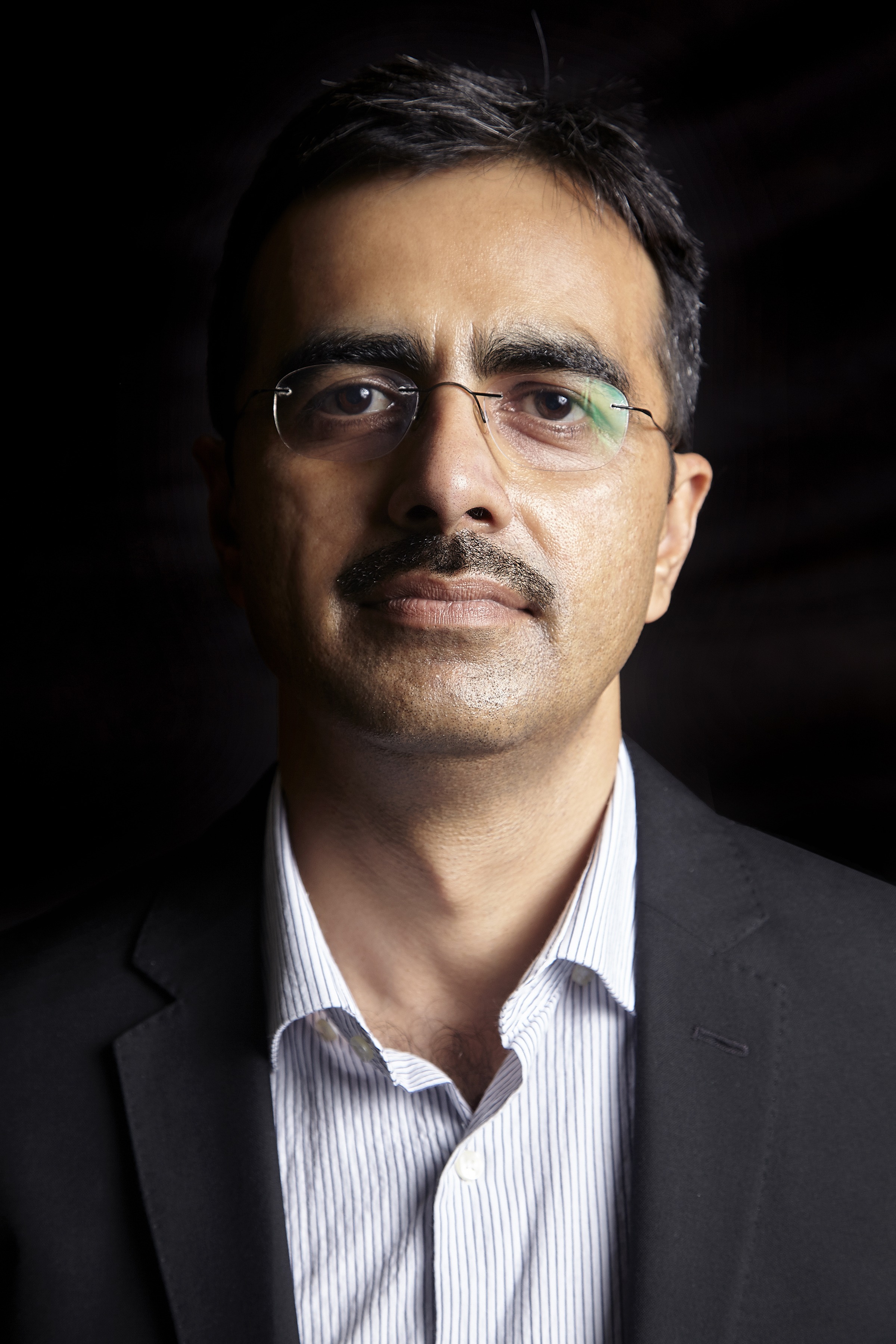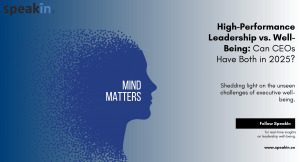The Contrarian View by Ashutosh Pandey
 The Contrarian’s Take:
The Contrarian’s Take:
Short-termism is the defining attribute of sentient beings. Human beings, despite comparatively developed intellectual faculties, have a marked fascination for the immediate. This instinctive submission to ambient noise and its secondary manifestations (popular ideologies, trends, styles, viewpoints, actions etc) plays out over and over again, in pain or pleasure, plenty or poverty, pessimism or optimism, during peace or war.
Which is why the flood of opinions on post-COVID scenario across social media, TV shows and video conferencing rooms is both predictable and understandable. There is a general, middle of the road view that the world won’t be the same ever again, that fundamental changes are afoot in human psyche and consumer behavior, that the crisis is a wake-up call for us on wide variety of issues from climate change to vegetarianism to privacy to future of mobility and so forth.
Except that, the more things to change, the more they remain the same.
There is, for instance, no evidence that epidemics in the past have led to any lasting behavioral changes in human beings. For instance, Spanish Flu, the largest pandemic in modern history, infected 500 million people (about a third of the post World War 1 population), killing 50 million. Social distancing was quite a buzzword even then, especially in Europe and US, and one would have expected this trend to last. However, the 1920s are best known as the golden age of Jazz, with social distancing a nice phrase buried in the subconscious, until next time.
The argument that the ‘Haves’ and ‘Have-Nots’ of the world are suffering from acute sense of helplessness during the ongoing COVID pandemic is correct. Very logical. But extrapolating it to contend that this might lead to some fundamental reassessment of life and it’s priorities after the crisis blows over is probably naïve. The history of warfare is a case in point. Every war has resulted in needless deaths, economic hardship and wanton destruction, and peaceniks have typically gained ground towards the end as the futility of war becomes evident to both the victor and the vanquished. However, as they say, every war lays the seed of the next one.
A heightened sense of solidarity, as can be seen all around currently, is a welcome by-product of such troubled times. Problem is, it’s a transient emotion at the very best. A world where everyone cares for everyone else, and that the world isn’t a zero-sum game, is probably an idealistic fantasy, great in concept, but difficult to operationalize. Only a few months back, body bags from conflict zones routinely elicited threats of retribution. Now, as COVID casualties climb up, interesting phrases (sample: can’t have the cure be worse than the problem) are bandied about, overtly at some places, and in hushed tones in others.
The most probable scenario is that in a few years from now, once the vaccine has been widely administered to a large percentage of the population, this phase will be packaged, through evocative movies, somber remembrances and intellectual talk-shows, into a phase that changed the course of history. Except that changes could be far more insidious, and driven by immediate compulsions of those in power – issues such as privacy, climate change, AI, trade wars, hunger and disease, and so forth.
And like always, COVID might become a footnote, a small detour, in the exorable march of time!
Ashutosh Pandey, CEO of Mahindra First Choice Wheels, is an Expert Speaker on SpeakIn – Asia’s largest open expert network with over 16000 experts in more than 500 genres.





